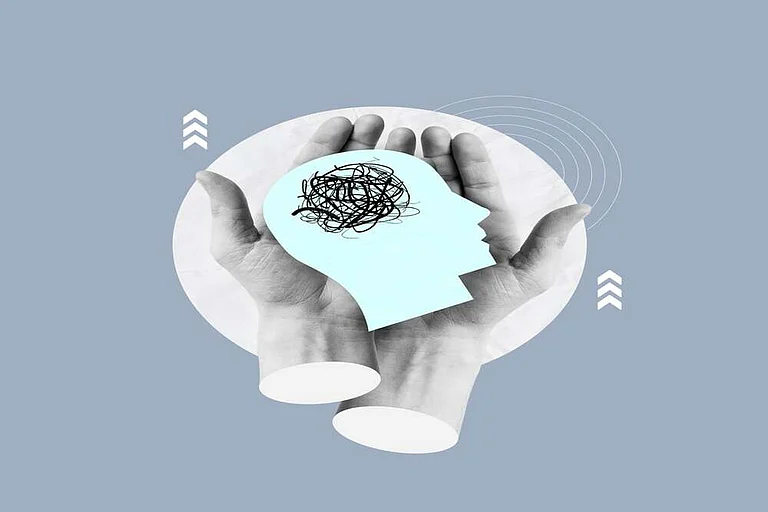The conversations around mental health have gained momentum in India but does it also mean we are more aware of addressing this concern?
Mental Health Insurance Gap: Why Less Than 1 Per Cent Of Claims In India Address Psychological Well-being
When there is a lack of comprehensive insurance support, mental health treatments become a privilege rather than a fundamental right for many. Why is there a huge gap in mental health insurance coverage in India and what can be done to bridge this gap? Read to find out
The answer is not only shocking but troubling, less than 1 per cent of total health insurance claims in India are for mental health treatment. A recent report by Marsh McLennan, titled
‘RiseUP for a Better Tomorrow Mental Health Report 2025’ compiled in collaboration with Mpower has shown some concerning data which points to the poor mental health insurance coverage in India.
Workplace Stress and A Growing Silent Battle
The working conditions today, including long working hours, high-pressure jobs and economic uncertainties, have brewed a silent mental health crisis among Indian employees.
The report finds that despite the Insurance Regulatory and Development Authority of India's (Irdai) 2018 mandate which requires insurers to treat mental health at par with physical health, most comprehensive coverages remain elusive.
Many policies exclude outpatient therapy, rehabilitation, and addiction treatments, eventually forcing individuals to bear high out-of-pocket costs. Such financial barriers, for many individuals, could mean delaying or entirely forgiving treatment, leading to:
Low Productivity
Increased absenteeism
Decline in overall performance
When there is a lack of comprehensive insurance support, mental health treatments become a privilege rather than a fundamental right for many.
Reality Check of Insurance Coverage In India
Even though mental health concerns have gained more traction, courtesy of social media, the insurance industry’s response is still lacklustre. The report finds that:
Less than 1 per cent of total health insurance claims are for mental health treatment, despite legal mandates of the regulator
83 per cent of organisations report minimal claims utilisation for mental health services
42 per cent of individuals are either unaware of their mental health coverage or do not have access to it
Only 17 per cent of individuals have access to outpatient therapy or counselling, which is a critical aspect of mental health treatments
49 per cent of people cite high treatment costs as the biggest challenge in accessing mental healthcare
48 per cent of employees fear discrimination which in turn prevents them from seeking treatment in the first place via employer-provided coverage
But why are mental health claims so low?
There are ample policies that include mental health coverage but the reality is that many critical aspects vis-a-vis its treatments, such as therapy, rehabilitation, and addiction treatments are excluded.
Regulatory gaps also impact this since addiction treatment and rehabilitation centres could be largely outside the scope of some insurance policies.
Moreover, stigma continues to act as the central deterrent wherein nearly half of the employees (as found in this report) expressed concerns over being judged or penalised for seeking mental health support.
Says Sanjay Kedia, CEO of Marsh McLennan India, “The insurance industry has failed to provide meaningful mental health coverage.
What Needs To Be Done?
The report has highlighted some urgent reforms for the insurance industry, such as:
Expanding the scope of Insurance coverage wherein insurers can integrate outpatient mental healthcare, including therapy, teleconsultations and rehabilitation into their core policies.
Removing Exclusions that are integral to mental health treatments such as addiction treatments, self-inflicted injuries, and suicide attempts. This would ensure that individuals get comprehensive care at the time of need.
A Strong Network of Mental Health Professionals should be set up by insurers to make mental health treatments more accessible and convenient for policyholders.
Increasing Public Awareness is also a must to make people more aware about taking due treatments for mental health treatments. Education campaigns can help combat stigma and inform individuals about what insurance benefits are available for mental health check-ups.
The report further calls for employer-insurer collaboration wherein the BFSI (Banking, Financial Services, and Insurance) could play a significant role bridging the gap by ensuring workplace insurance policies prioritise mental health.
Buy Outlook Money March 2025 Magazine Issue on Amazon Here.


